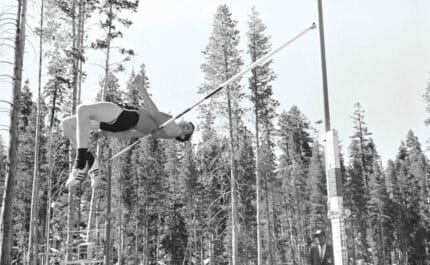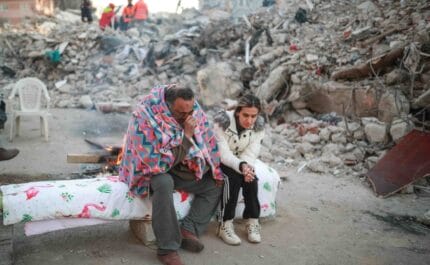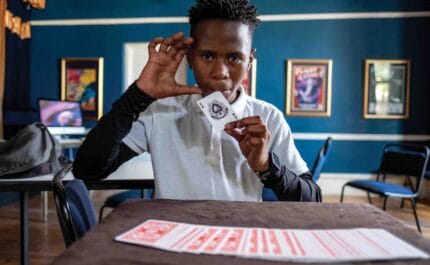Keeper of the revolution
As violence swept through Syria, its Olympic football team played a key qualifying match against Malaysia on 14th March 2012. But someone was missing: its goalkeeper Abdelbasset Saroot, a native of Homs and a singer whose voice had inspired thousands to rebel against the regime of Bashar al Assad
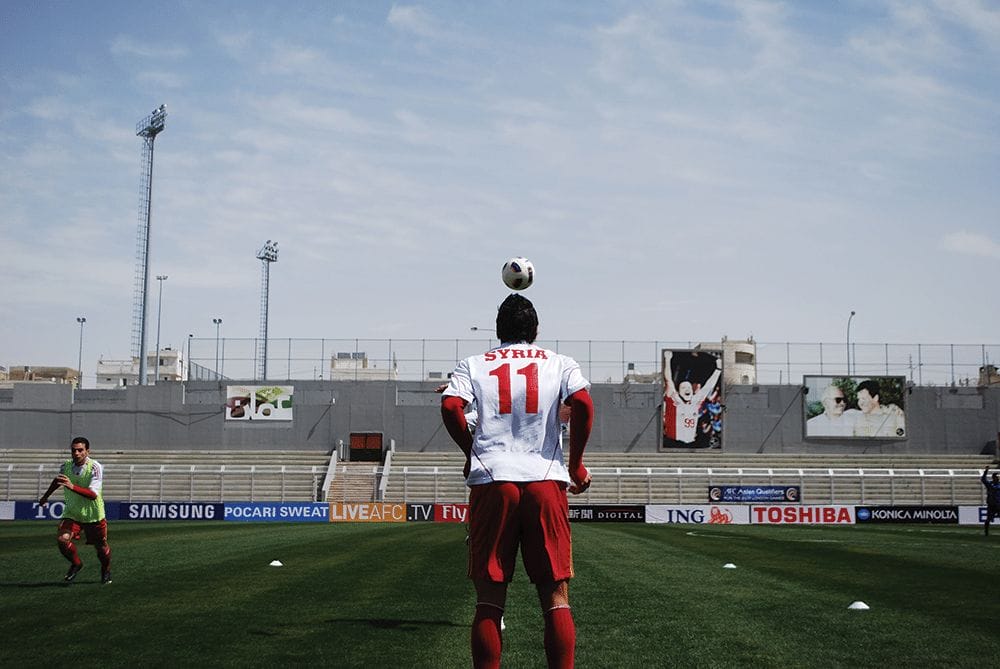
Photo: James Montague
14th March 2012 (Taken from: #6)
July 2011, Homs, Syria
In the grainy, shaky video the young man in the dark T-shirt stands defiantly in front of a Syrian national flag. “In the name of Allah, the most merciful and compassionate,” he begins, his arms folded across his chest, “I am Abdelbasset Saroot, a Syrian citizen.” The style has become achingly familiar from a thousand suicide bombers in Iraq and Afghanistan. The austere surroundings, the ramshackle production values, the confessional of a man looking past this world and into the next. But Abdelbasset Saroot is not prepared for martyrdom. At least not in the way a casual observer of the video might imagine.
“I am the national goalkeeper of the Syrian national youth team and of [local Syrian club] Karamah,” he continues. “I am now wanted by the security agencies which are trying to arrest me. I declare with sound mind and of my own volition that we, the free people of Syria, will not back down until our one and only demand is met: the toppling of the regime.” The video ends abruptly, but not before Saroot delivers his final shot. “I hold the Syrian regime responsible for anything that happens to me,” he says, calmly. “Long live free Syria, long live our proud people that reject humiliation.”
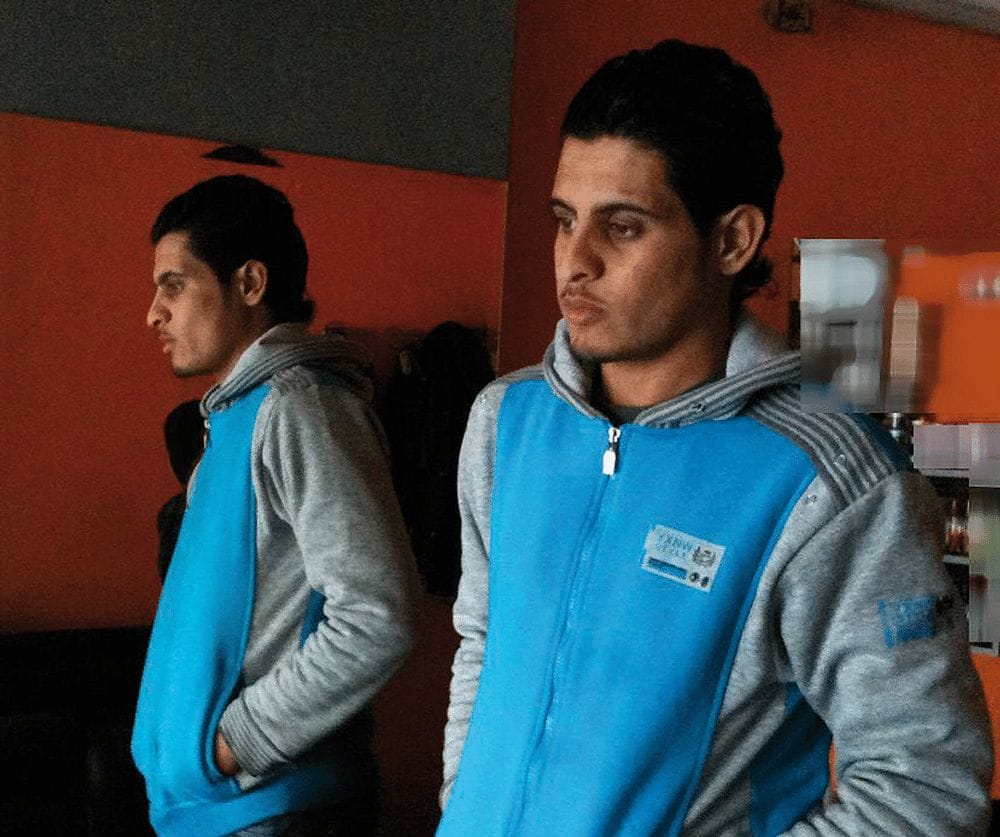
Abdelbasset Saroot
13th March 2012,
Amman, Jordan
In the offices of the Jordanian Football Association, I join a handful of Malaysian and local journalists who have been corralled together for a press conference with Syria’s under-23 football team. The team is just a day away from a crucial match against Malaysia: it is notionally a home game but, with the uprising in full swing in Syria, Fifa has decided that international football is too dangerous to be held in Damascus.
Despite having played all of their games away from home, Syria have somehow come within a whisker of making it to the Olympics. A 2-1 victory against Japan – the Asian champions no less – has given the Syrians hope that they might qualify for a major football tournament for the first time in their history. Victory is needed, and a lot of goals, against the group whipping boys Malaysia. If that happens and if Japan slips up against Bahrain in Tokyo, it will mean automatic qualification for the London 2012 Olympics. Anything else will mean second place in the group and a play-off later in March against two other Asian teams.
It would, in any other circumstances, be an achievement which would be rightly heralded by the sporting world. But Syria is knee-deep in a bloody rebellion against the rule of President Bashar al Assad, a rebellion that, according to the UN, has taken up to 10,000 lives in just over a year.
At the press conference, paranoia about the foreign media, the players and even the coach has taken over among the Syrian officials. The tension is palpable from the start, and it takes just one question for the event to descend into farce. It is seemingly innocuous: how has the Syrian team coped while playing its games outside the country, given the situation back home?
“We can’t answer about this,” a voice rings out angrily across the room. A large, middle-aged man in a suit who has been watching the press from behind the door has entered the room at the first sign of trouble. “No comment about that,” he says, wagging his finger. “I am in charge of the media for the team and I say you cannot ask that!”
“No questions about politics!” shouts another man, who had previously introduced himself as the team’s interpreter. The journalists bicker about the legitimacy of the question with the two men. The Syrian coach Haitham Jattal and his captain Ahmad al Salih watch stony-faced as the circus unfolds around them.
Jattal is eventually allowed to attempt an answer, through the medium of the interpreter. “We play in the name of Syria,” he says. “It is well known that everyone back home will be watching the match and they will be hoping for us to win. Of course, playing in our homeland in front of our own people would be much better than playing outside. But we have overcome this difficulty and turned it into an incentive to reach the Olympics.”
Another question about how the coach has managed to forge unity in a squad that includes players from across Syria, including several from Homs, is met with the same howls of protest as the first. “It is easy and simple. Everybody came a few days before the match [for a meeting] in the capital Damascus,” the interpreter eventually insists when pressed on the issue. “We have no problems with the players.”
When asked whether the coach would like to answer the question himself, the interpreter stops, as if taken back by the question. “He says the same as I said.”
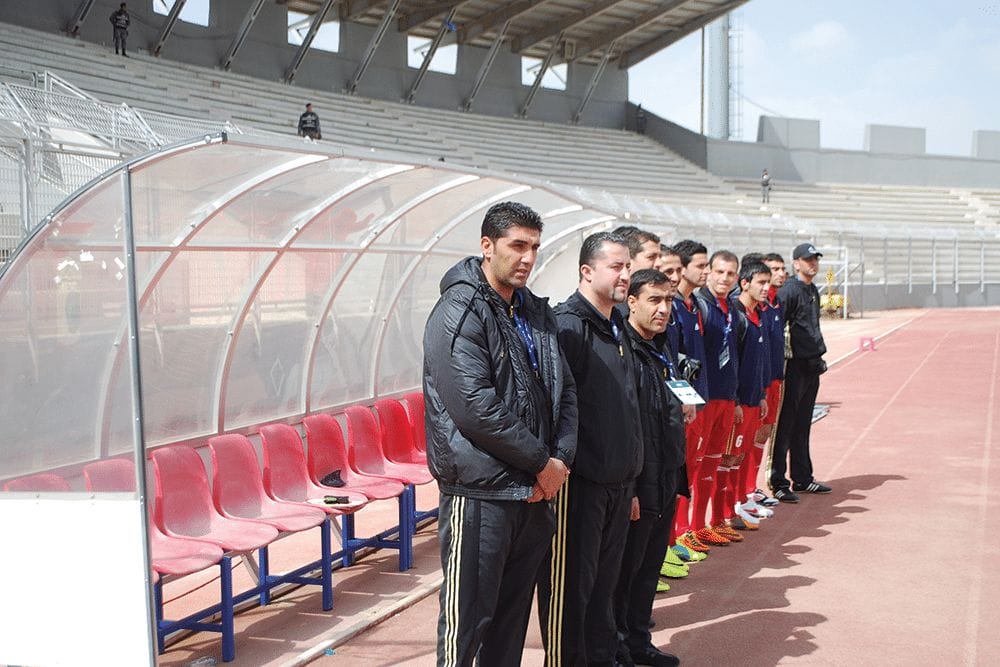
Coach Haitham Jattal
Playing in our homeland in front of our own people would be much better than playing outside. But we have overcome this difficulty and turned it into an incentive to reach the Olympics” – Coach Haitham Jattal
Not everyone is convinced that the regime has no problem with the players. In fact, one of the team has become Syria’s public enemy number one. The former goalkeeper, 20-year-old Saroot, did not turn up for training with the squad last summer. He was so sickened by the army’s atrocities in his home city of Homs – the centre of the rebellion – that he left football and joined the rebels. Now the players are looked on every bit as suspiciously as the foreign journalists sitting in the room.
We filter out of the of the press conference, followed by the team, the media manager and the grim-faced interpreter. “You didn’t think he was really just an interpreter, did you?” a Jordanian official asks me incredulously shortly afterwards. “If he reported that the coach or any of the players talked about politics, they would hang them.”
December 2011,
Homs, Syria
The streets of Homs are controlled by the Free Syrian Army but Saroot still sits low in the front seat as the car he is in careers from stop to stop. These days he has to take special precautions. There have been several assassination attempts against him, which have claimed the lives of his best friend and his brother. Now he travels from safe house to safe house. It’s too dangerous to stay in one place for long.
Eventually he arrives at his destination. Saroot is to sing revolutionary songs for a crowd of a few thousand that has gathered especially, to see the now legendary “singing goalkeeper” give thanks to those who have died so far in the uprising. His voice has been put to good use since he went AWOL from Syria’s Olympic football squad. The crowds have become bigger and bigger, queuing up to see the new hero of Homs. Every time the regime has tried to silence him, the turnout has grown still further.
In his penultimate YouTube video, filmed shortly after the first attempt on his life, Saroot had appeared – seriously injured and clearly shaken – to prove that he was still alive. And in his latest post he was talking to Al Jazeera, explaining his life of perpetual movement, one which had become a symbol of hope for some in Syria.
“I am free. I have travelled all over the world to play football. But freedom isn’t just about me or about travelling,” he told the reporter. “What about everyone else? Freedom is a big word. Freedom is about freedom of speech and freedom of opinion… the Syrian regime has made it so scary that a son is too afraid to even talk to his own mother.”
But Saroot would not be silenced.
4th March 2012,
Bayada, Syria
A huge crowd has gathered in the city of Bayada. It is dangerous to gather in such numbers here. Thousands have died in shelling and at the hand of army snipers. Anyone picked up disappears, presumed to be liquidated in one of Assad’s many medieval torture cells. But thousands of people, are ready to take the risk for one man. Saroot stands in front of them singing revolutionary and religious slogans.
“Allahu Akbar!” he shouts to the crowd.
“God is great!” they reply in unison. Saroot’s voice is strong, his singing clear as he whips the crowd into a frenzy.
“We won’t back down from this revolution!” he sings.
“Allahu Akbar!” reply the crowd.
“We won’t be quiet… Either we are victorious or we die. Allah is witness to what we say. If we walk on this path we shall, Inshallah, die as martyrs.”
The people hanging off Saroot’s every word agree.
14th March 2012,
Amman, Jordan
The Syrian squad warm up in silence at the King Abdullah stadium on the outskirts of Amman, preparing for their big game. The team has been chosen from all of Syria’s football clubs including its two biggest, Al Karamah and Al Wathba, both based in Homs. It had been hoped that the team could become a symbol of normality and unity. But Saroot’s absence still looms large in the squad.
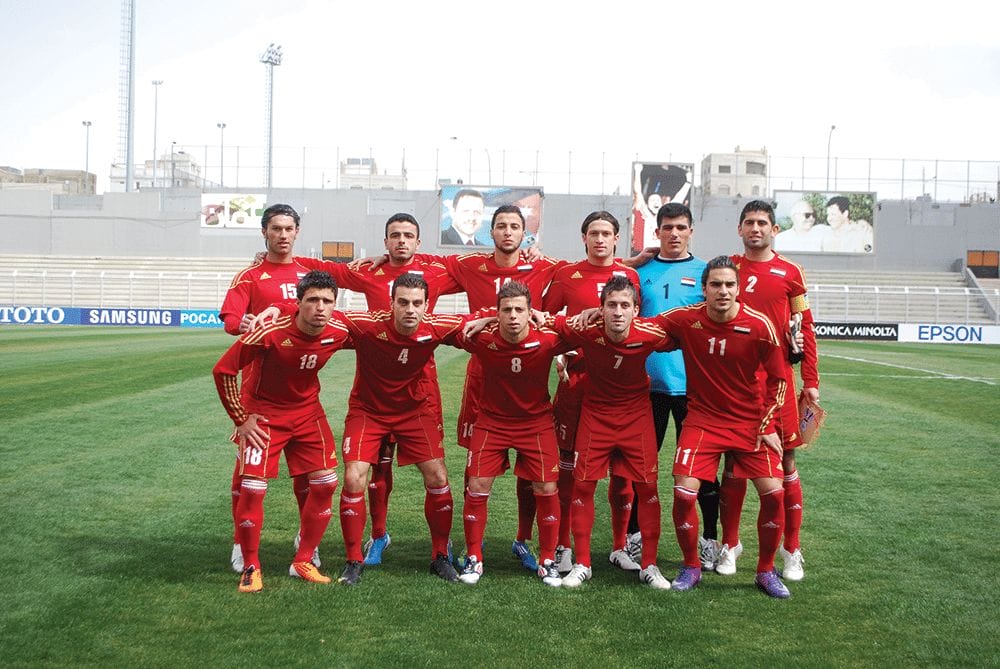
The Syrian Olympic team line up in Amman
“Everyone is looking for him, he’s hiding in houses in Homs,” Syria’s media officer tells me dismissively at the pitch, shortly before the delegation decides to close the training session to the media. “Every time they look for him they find women in all black [wearing religious clothing]. He played in the [2009] Asian Games in China, yes. He’s friends with one of our players but they haven’t spoken for months.”
In the stands watching the team go through their paces, two injured players are sitting separately from the rest of Syria’s delegation. “We hope that he will return. He is a good goalkeeper and he was also our friend before,” says Thaer Krouma, a midfielder who also comes from Homs and plays for Al Wathba. For players like Krouma, qualification for the Olympics would be a gift to the people of Syria, a welcome contrast to the politics and bloodshed that have dominated the past 12 months.
“The players have a strong bond and love for each other and are committed. [Olympic qualification is] a big dream to accomplish but we represent Syria, the people of Syria and anyone who loves the Syrian country. We represent the 23 million people and their hopes,” he says.
Krouma is worried about the worsening situation back home. He has spoken to his family in Homs, who are safe despite the army having pounded several rebellious districts into dust.
Saroot didn’t believe that the Olympics would be a gift for the people, nor that you could separate victory for the Syrian national team from victory for the regime. He felt that entry to the Olympics would give Assad’s government a new legitimacy that it does not deserve.
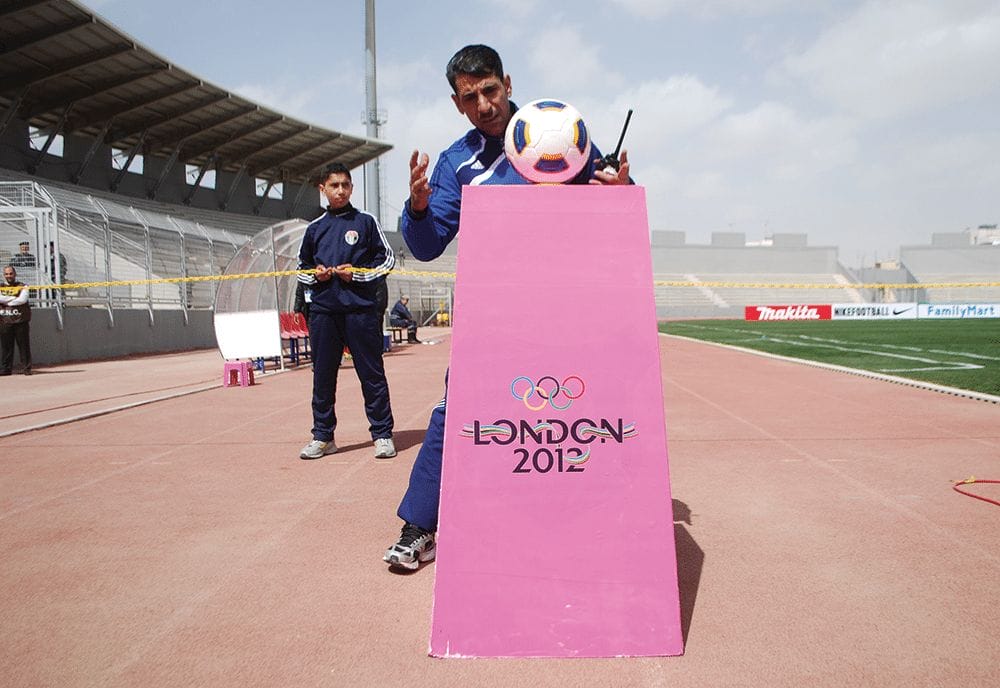
An official with the match ball
By the time kick-off arrives, the King Abdullah stadium is still virtually empty. A few hundred Malaysian fans – almost all of them university students – fill one small section despite the fact they have nothing to play for. At the ‘home’ end, just 20 Syrians nosily sing pro-regime chants.
“It’s a conspiracy,” argues 18-year-old Jneid, a leather market trader originally from Aleppo, about what he sees as the anti-Assad media coverage of the conflict in Syria. “The Gulf countries, like Qatar who own Al Jazeera, and their friends, they make a conspiracy on Syria. [In Homs] they offer money to young people with no jobs, offer them money and tell them to go and shoot, go and bomb the hospitals.”
Jneid and his fellow fans watch as the Syrian team easily overcome their inferior opponents, beating them 3-0. It is not enough for automatic qualification as Japan beat Bahrain. Syria will have to travel to Vietnam two weeks later to play Oman and Uzbekistan in a round-robin tournament. The winner will go into a final play-off against Senegal for the last place at London 2012.
A downbeat Coach Jattal tries to see the positives in the victory and the three potential extra matches, played thousands of miles apart in less than a month, that come with it. “[We feel] happiness but not that much happiness as we would prefer to go to England [for the 2012 London Olympics] without the play-off,” he says.
The players barely celebrate as they leave the pitch, the pro-Assad chants from the handful of Syrian fans almost, but not quite, drowned out by the drums of the Malaysian students.
“God, Syria,” they sing. “Bashar [Al Assad] is all we need.”
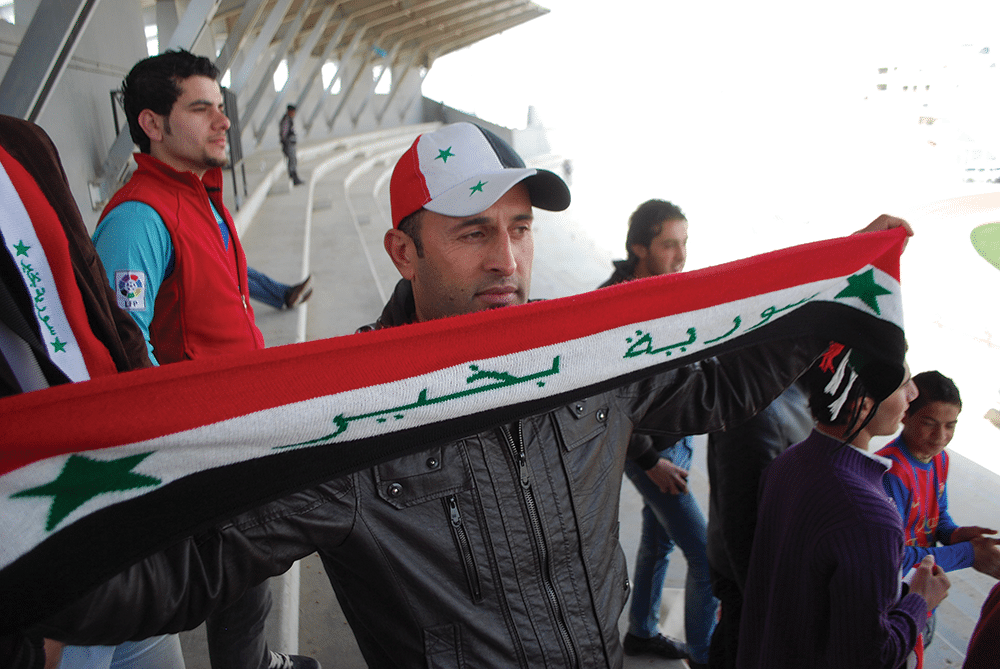
By the time kick-off arrives, the King Abdullah stadium is still virtually empty. At the ‘home’ end, just 20 Syrians nosily sing pro-regime chants”
In the end qualification proves to be a bridge too far for the Syrians. They mysteriously arrive in Vietnam with a new coach. A draw against Oman on 25th March means that they have to beat Uzbekistan on 27th March. They take an early lead but the intense schedule of matches and travel have taken their toll. Uzbekistan scores two late goals and Syria’s hopes of making it to the Olympics are over.
It must be something of a relief to the PR team of London 2012: after the world has watched the bombardment of Homs for two months, the less Syrian representation there is at the Olympics the better. The team return to Syria empty handed. And Saroot has gone worryingly quiet.
13th April 2012,
Syria
After a long silence Saroot emerges, and a video of the event appears shortly afterwards on YouTube. The destination is not given but the message of defiance is loud and clear. The clip shows the hero of Homs, very much alive, surrounded by chanting supporters. “Raise your hands up, everyone who walks this path”, he shouts. As one, the crowd raises their hands in salute.
Postscript
On 30th December 2014, Le Monde reported that Abdelbasset Saroot had joined Isis, and unverified photos of somebody who looks like Saroot appearing to hold an Isis flag circulated on social media. A few weeks later there were conflicting reports that he had joined Jabhat al-Nusra. This month an American blogger, Sean Ongley, reported that a source told him that Saroot now fights for the Homs Legion, a little-known grassroots brigade. He thinks it’s unlikely that he’s fighting with Isis.
On 8th June 2019, a commander of the Jaish al-Izza rebel group announced that Saroot had died from wounds sustained in a battle with government forces in the northern Hama province. He was 27 years old.
Slow Journalism in your inbox, plus infographics, offers and more: sign up for the free DG newsletter. Sign me up
Thanks for signing up.
